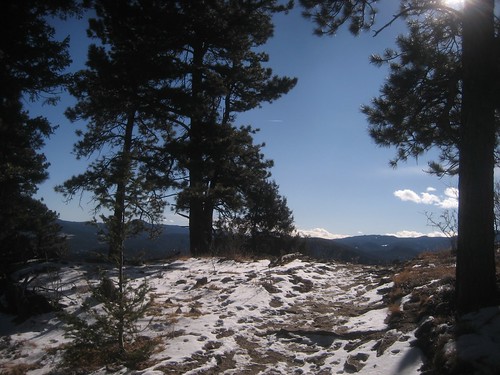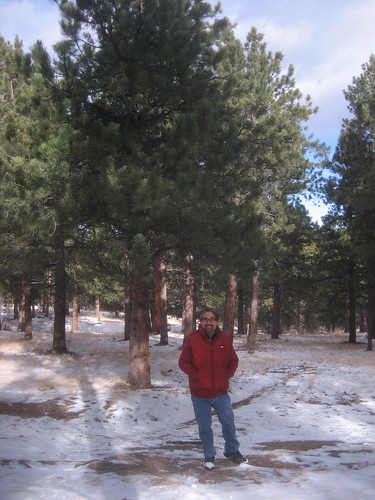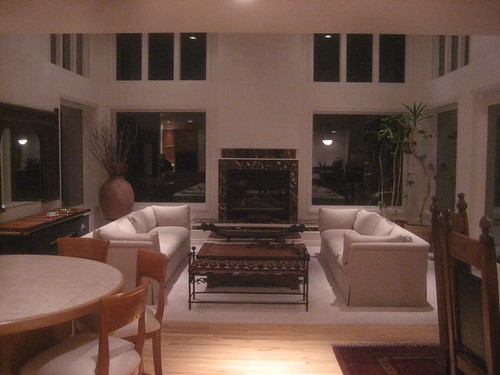“I teach at a university where many students pride themselves on the “study hard, party hard” lifestyle,” writes Duke University professor Omid Safi in an essay on “The Disease of Being Busy.”
This might be a reflection of many of our lifestyles and our busy-ness — that even our means of relaxation is itself a reflection of that same world of overstimulation. Our relaxation often takes the form of action-filled (yet mindless) films, or violent and face-paced sports.
I’ve been thinking about this question of how our forms of rest often replicate the excesses of our normal lives, rather than constituting something very different.
Last year, I had a very striking illustration of this when we all went to Colorado to spend a long weekend with my dad and stepmother.
They live in Jefferson County, in the mountains above Denver. The first couple days, we had nothing scheduled, nowhere to be, and enough food laid in so we didn’t really have to go out.

I spent much of the time either outdoors hiking in the shadow of Mount Evans, which is not far from their house. (Actually it’s probably a full day’s hike to the base, but I can often see it from the trail, so it feels close.)

The rest of the time I was reading Dorothy Sayers’ Busman’s Honeymoon. Time slowed down, we didn’t have to be anywhere, there was nothing we had to do. Even for me, who writes about rest, it was blissful.

The last day we were there, we decided to go to the Denver Museum of Natural History, and check out the Mythbusters exhibit. After two days of peace and quiet and nothing on the calendar, it was jarring to have to organize two kids, get down into the city, read maps, fight for parking, stand in line, decide on tickets versus membership, allow time to get to the airport, etc. etc. ad infinitum. Not to mention dealing with the sensory overload of the Mythbusters (which was a well-designed exhibit).
But it struck me that there are lots of people whose vacations are nothing but days like that: I remember when the kids were younger, some of our vacations to places like Disneyland had that quality. We might have gotten away from our normal everyday lives, but we forgot to leave behind our normal everyday rhythms and habits.
One of the signature features of the deliberate rest practiced by the people I’m writing about now is that it has a very different quality than their working lives, and that’s part of what makes it powerful. The contrast between Dickens or Koestler when they were writing, and when they weren’t, could be pretty dramatic. This doesn’t mean they were brilliant at compartmentalizing and not thinking about their work when whey weren’t at their desks. It may seem paradoxical, but the differences between their working lives and resting lives meant that they could think more deeply about ideas and plot-lines, and their subconscious minds were more effective at exploring new territory.

